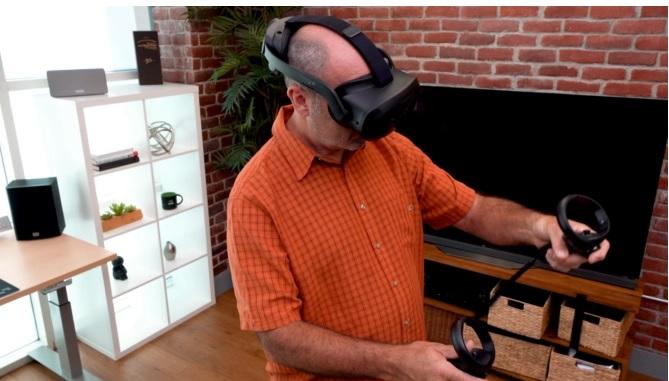Scientists propose a new method for creating qubits: floating electrons over liquid helium instead of embedding them in solid crystals. This could minimize errors caused by impurities in the material. Unlike classical computers, which use bits as either 0 or 1, qubits can exist in both states simultaneously, enabling highly efficient computing. Currently, qubits are primarily generated by manipulating electron spin, but this approach can introduce inconsistencies.
The conventional method of combining electrons with solid-state crystals creates impurities, leading to a higher likelihood of qubit failure during calculations. These defects result in unpredictable electrical potential and difficulty in producing uniform qubits. Scaling up the number of qubits in a quantum system further amplifies the error rate. The proposed approach seeks to address these challenges, potentially paving the way for more reliable quantum computers with reduced error rates.













